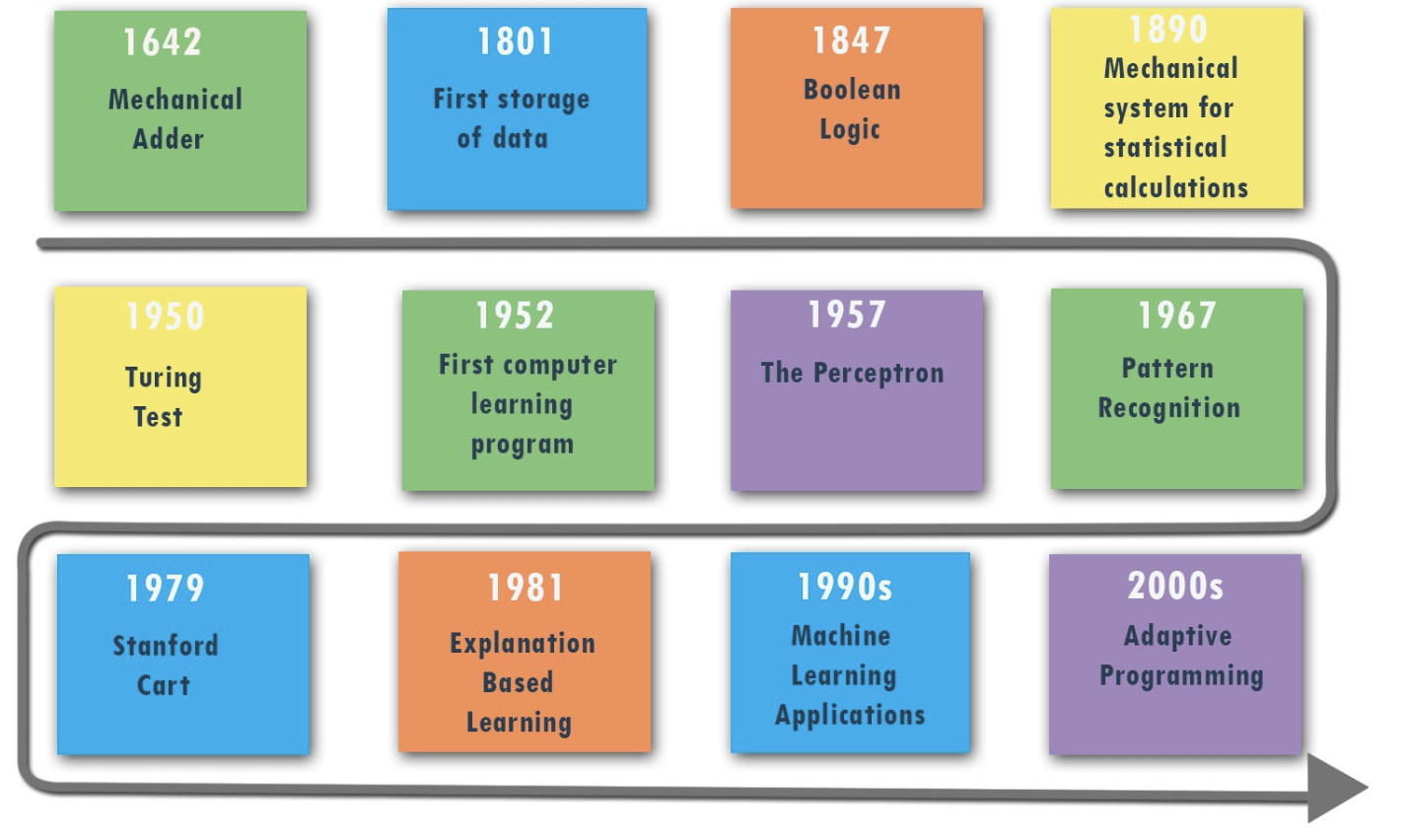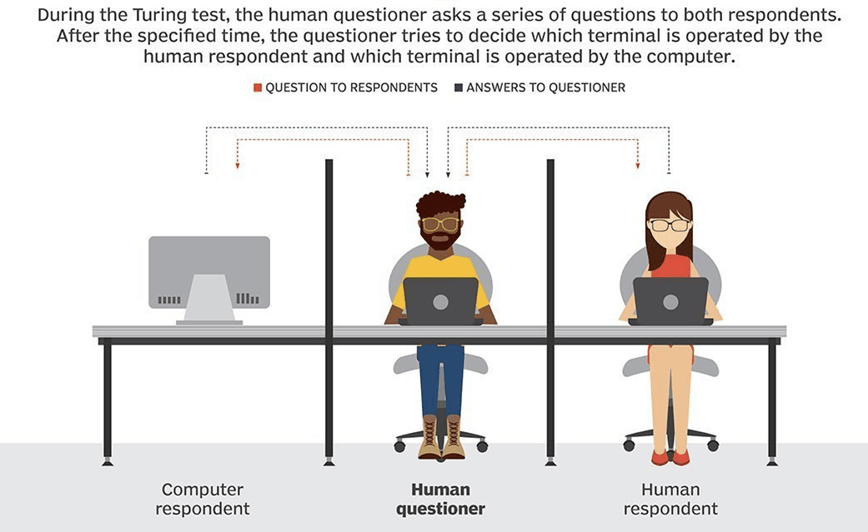It was recently announced by Forbes, that Lifebit was part of the Top 15 Machine Learning Companies to Watch in Europe! Let’s take a look and see what this means.
Why Machine Learning?
To start off, what is Machine Learning and why has it become such a buzzword nowadays?
Machine Learning (ML) is a branch of Artificial Intelligence (AI), and its premise is that computational systems can learn from data, identify patterns and generate insights with minimal-to-no human intervention.
Machine Learning is not actually a new concept. It started to take shape in the 17th century when people needed to start making sense of various kinds of data to generate actionable insights. Specifically, in 1642, Blaise Pascale devised a system to automate data processing, the mechanical adder. This (partially) automated system, allowed tax supervisors to perform calculations in a more efficient manner.

The History of Machine Learning. Source
In more recent memory, Alan Turing, the famous English pioneer of computational science and Artificial Intelligence, introduced the Turing test. This was a method to essentially test whether a computer had real intelligence, by fooling a human into thinking it was a real human.

The Turing Test. Source
In today’s world, Machine Learning silently permeates our everyday lives. For instance, movie and buying suggestions on Netflix and Amazon – ML algorithms learning from your past activity. Google’s self-driving cars – ML algorithms which allow instant adaptation to changing road conditions, while at the same time learning from new situations. Suspicious activity in your bank account – Anomaly detection ML models. Human-like robots like Sophia from Hanson Robotics – ML with a robotic interface. Machine Learning is everywhere.
How Machine Learning is implemented at Lifebit
At Lifebit, we apply Machine Learning and Artificial Intelligence methods to facilitate discovery from big data and lower costs through optimal cloud configurations.
Machine Learning in CloudOS
Users of CloudOS have come to appreciate the large cost savings the platform delivers. The secret sauce? Rosalind, our intelligent recommendation engine. Rosalind uses advanced analytics underpinned by predictive algorithms to recommend the optimal cloud configuration for CloudOS users, by interpolating on past cloud execution data.
Machine Learning in our Distributed AI Engine
The Lifebit AI Engine
Lifebit has begun its alpha phase on its in-house AI Engine, bringing together an unprecedented ensemble of the latest breakthroughs in deep learning in biotech to the fingertips of clients. In the limelight are structure prediction models leveraging the brawn of advanced recurrent neural networks, RNA sequence models that uncover latent transcriptional processes, and biomedical image analysis tools harnessing the cutting edge of convolutional networks.
Machine Learning in variant calling
DeepVariant Workflow overview. Source
Lifebit has pioneered making Machine Learning actionable in routine bioinformatics pipelines, by being the first open platform to optimise and deliver Google’s DeepVariant variant caller to a broader audience. DeepVariant is a variant caller that calls genetic variants from next-generation DNA sequencing data. As one can glance by reading the proceedings of any bioinformatics conference worth its weight in salt, this trend on ever-increasing reliance on deep learning is only set to accelerate.
Stay tuned for more innovative ways Lifebit is harnessing the power of Machine Learning!
Original Forbes article published on November 27th, 2018.
We would like to know what you think! Please fill out the following form or contact us at hello@lifebit.ai. We welcome your comments and suggestions!